I'm a professional cleaner, so trust me when I say you don't need harsh chemicals in your cleaning kit to do the job well
Plus, the few exceptions where commercial cleaners are best for the job

Chiana Dickson
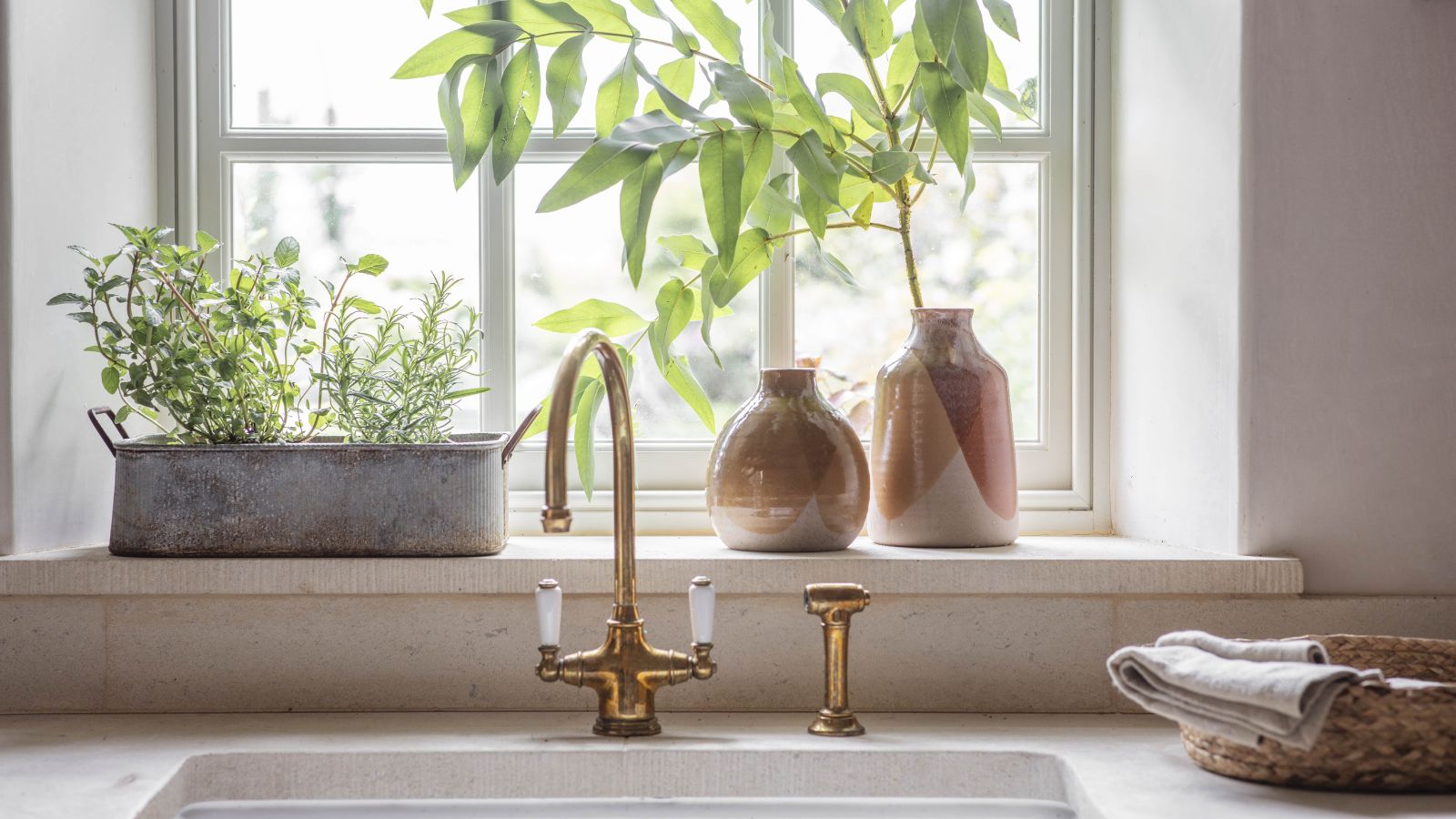
For the last few decades, household cleaning aisles in stores have been largely dominated by chemical-laden cleaners, lined up in child-safe bottles with large stickers warning about corrosives, toxicity, and the danger to the environment.
Nowadays, however, there are more natural products and plant-based alternatives creeping in beside them – and for good reason. They are often just as effective (if not more so) and don’t pose the same health or environmental risks.
That’s why I use green cleaning for many cleaning tasks, and you should too, with only a few minor exceptions to the rule.
Why you don’t need harsh chemicals to clean
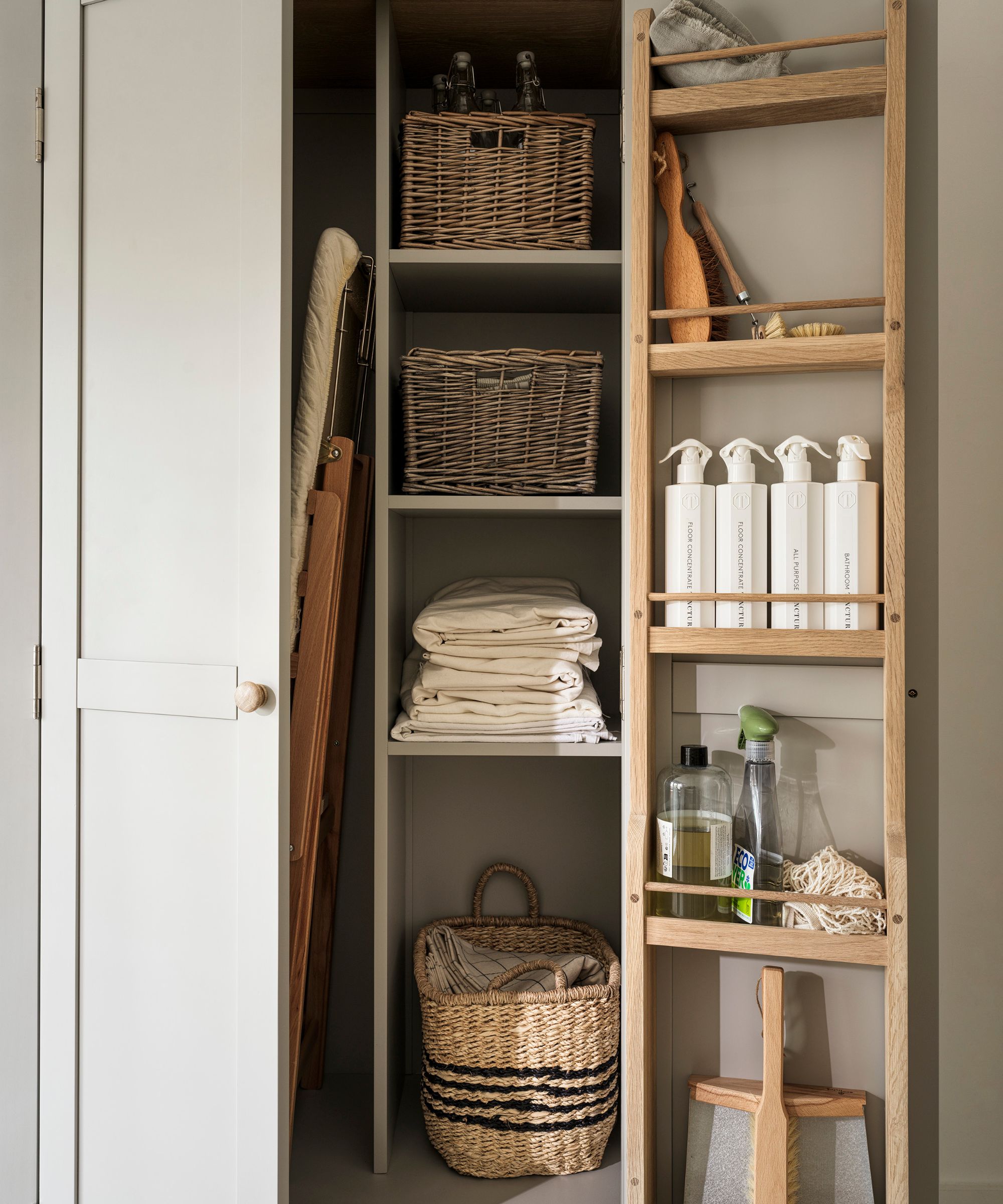
While most people’s first thought when they hear ‘green cleaning’ is about cleaning a home without harming the planet, there are several more personal reasons why you might want to leave harsh chemicals behind.
A 2023 study into traditional cleaning products’ chemical effects on indoor air quality and their implications for human health concluded that ‘the use of cleaning products indoors may increase occupants’ exposure to a variety of harmful environmental pollutants including volatile organic compounds (VOCs).’
I'm a professional cleaner and operations manager at Spekless, and often employ natural cleaning methods, which work just as well, if not better than commercial cleaners.
Natural cleaning products, be they homemade, commercial, or even cleaning with steam, on the other hand, often contain fewer allergens and irritants, making them safer for individuals with sensitivities or families with small children and pets.
Design expertise in your inbox – from inspiring decorating ideas and beautiful celebrity homes to practical gardening advice and shopping round-ups.
Swaps such as cleaning with vinegar, or following a toxicologist’s tips for buying cleaning products safe for indoor use can have an immediate and long-term positive impact on your health.
Of course, we cannot ignore that these approaches also help you to be more sustainable at home. Runoff from harsh cleaners can damage aquatic ecosystems whilst natural cleaners are biodegradable and eco-friendly.
In fact, natural products are usually safer to handle, store, and dispose of and are very versatile.
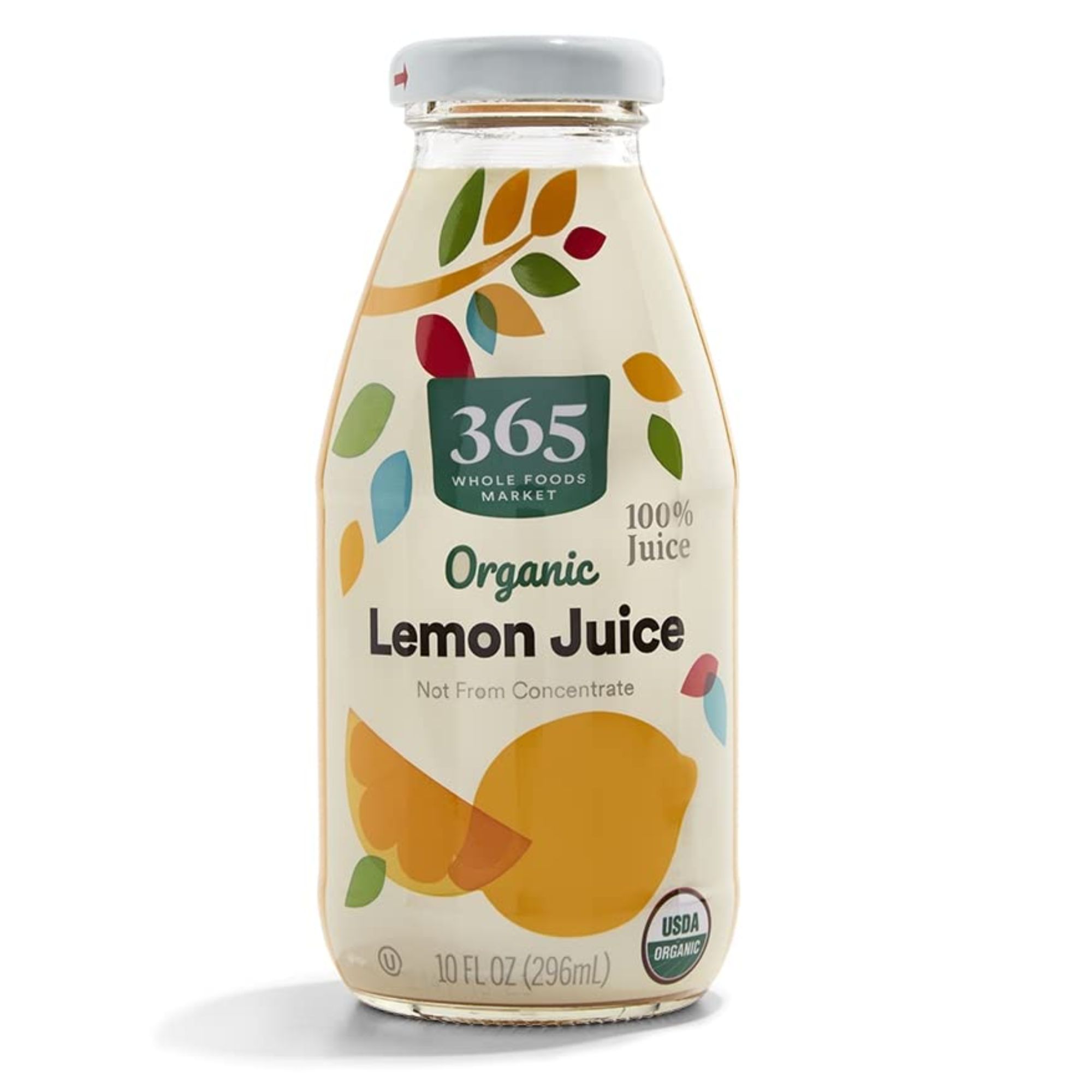
Lemon juice is a great natural acidic cleaner that breaks down grease while leaving a fresh scent behind.
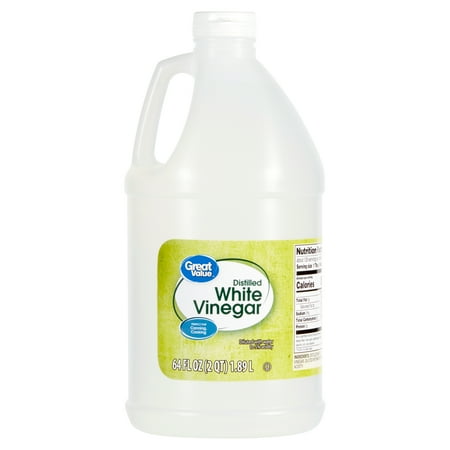
Vinegar is a go-to 'safe' cleaner, helping to kill bacteria including some strains of E. coli, and removing odors without the need for harsh chemicals.
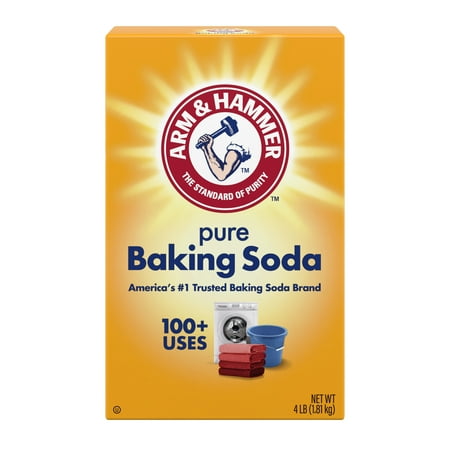
Baking soda is a natural deodorizer and abrasive that break down tough deposits without scratching delicate surfaces, and it safe for use in most areas of your home.
Several scientific studies back up the efficacy of natural cleaning products. A 2020 study, for example, proved that vinegar can kill many household germs, including some strains of E. coli. These findings reinforce that natural products aren’t just cheap and convenient – they’re powerful, reliable, and a safe alternative to commercial cleaners in many instances.
It is worth noting, however, that another 2015 study found that, in the case of mixing your own DIY cleaning solutions (in the study, this was a mix of vinegar, club soda, and tea tree oil) they are only effective on the day you make them, meaning you will have to make them each time you want to clean, rather than making in bulk and storing them in your cleaning cabinet. This is where commercial environmentally preferable non-toxic cleaning solutions, pre-made without the cleaning product ingredients to avoid may be more convenient, albeit a little more costly.
The exceptions to the rule
While in many cases, the trade-off is worth it for health and environmental benefits, natural cleaning products aren’t perfect for every task. They typically require more effort (extra scrubbing or longer contact time) because they lack the concentrated chemical power found in harsher cleaners, and they can be helpful when cleaning a house when someone is ill to stop the spread of serious illness.
There are a few situations I recommend commercial cleaners for, as they will be more appropriate and effective:
- Protein-based stains: For blood or sweat stains, enzyme-based detergents like OxiClean, available at Walmart, are excellent for doing laundry because they break down protein molecules.
- Heavy grease build-up: In commercial kitchens, degreasers with specialized solvents are faster and more efficient than natural alternatives.
- Disinfection in medical settings: In areas requiring sterilization, like hospitals, EPA-registered disinfectants such as Lysol from Walmart, are necessary to kill pathogens effectively.
Natural cleaning products may still technically be effective in these scenarios, but they often require significant time, effort, and product to achieve comparable results. Commercial cleaners are designed to work faster and more efficiently but more importantly, they provide the level of disinfection required to ensure health and safety standards.
FAQs
What is considered a 'harsh' cleaner?
Harsh cleaning products are anything that uses volatile chemicals. A good example is bleach, but it can be anything that comes with warning notes or symbols indicating corrosives, danger to aquatic or animal life, toxicity, health hazards, or irritants.
Your foray into non-toxic living shouldn't stop at your cleaning products. There are several other non-toxic home essentials you should consider swapping to for a healthier home all-round.

Karina is a professional cleaner and operations manager at Spekless Cleaning, which provides residential and commercial cleaning and maid services in Washington.
She has over six years experience overseeing all operations and quality control at Spekless.
- Chiana DicksonContent Editor